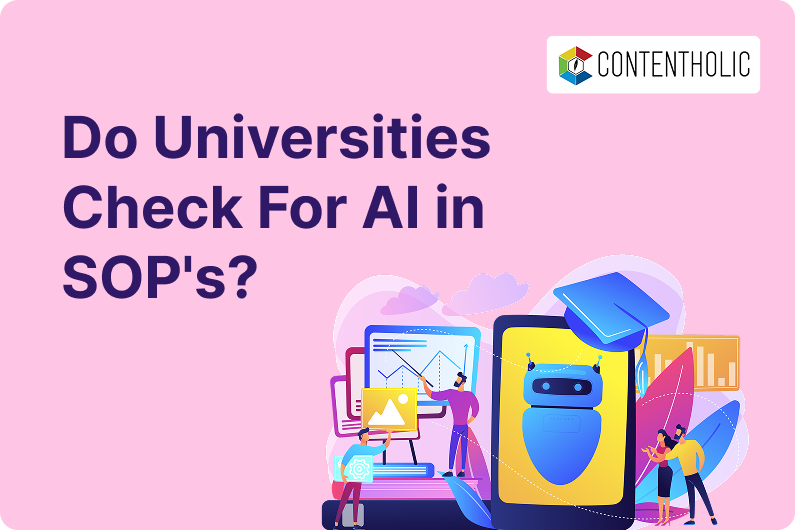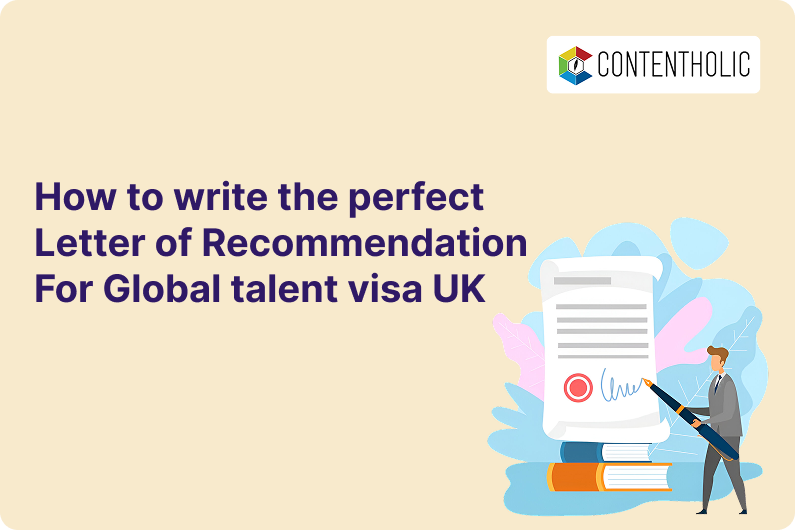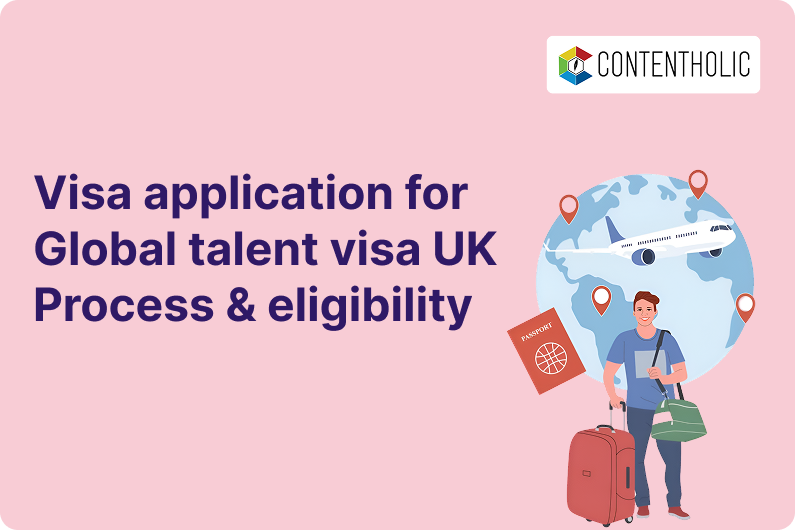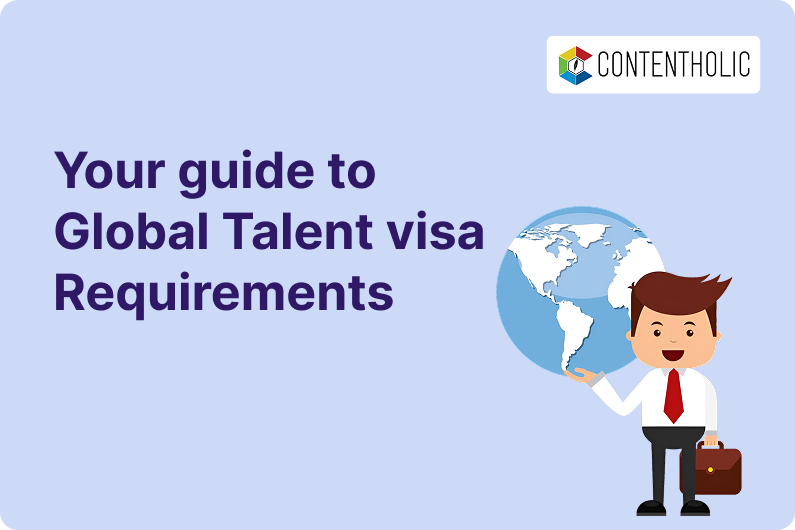If you are an aspiring student preparing for your university applications, then you must know that a Statement of Purpose (SOP) is one of the crucial documents that highlight your academic and professional journey, future aspirations, and how suitable you are for your chosen program. However, since the popularity of generative AI shot up in late 2022, many students have sought help from them even in their college applications, especially written essay documents such as SOP. So the question that arises is: do universities check for AI in SOPs? Will your application be rejected if AI is detected? This blog will delve into these questions, drawing insights from experts like Contentholic, which is a leading professional SOP writing service in India , which we hope will help you get a comprehensive understanding.
The Role of SOPs in University Admissions
The course SOP is an essay where applicants articulate their past experiences, incentives, and future aims. It is a document that tells the admissions committee about your personality through your thought process and writing skills. Through SOP, the university judges whether an applicant is fit for a program or not and what can they contribute in the chosen academic field through that program.
Since an SOP can act as a key indicator of your fit in the program, therefore, it demands to be authentic. The admission officials have gone through thousands of SOPs throughout the years, and hence have developed skills in identifying genuine voices and distinctive experiences. When your SOP sounds like your true self, it will more likely be able to leave a mark in the reviewer’s mind. So, the question of whether universities check for AI content can be answered with another question: whether a general/false narrative has any chance against a heartfelt narrative written by a human.
Why has AI content started increasing in writing?
With the introduction of open and free sources of AI generative platforms like ChatGPT, their efficiency and time-saving nature led to their use in various writing domains whether creative, professional, or academic applications. These contents are well-organized and compelling enough to entice the applicants to use the AI results for their SOP. However, this action raises questions about your academic integrity and practical concerns.
It may not have been the case when ChatGPT/AI was initially used by students or applicants, but over time universities have also come up with many methods and solutions to identify such content. With time many tools were also developed to detect AI texts which has increasingly been used by the universities. These tools can identify if your writing style is not consistent or check the similarity report with other texts over the internet. However, these detecting tools are not foolproof, which leads us to rephrase our initial question of whether universities can detect, but rather what is their need to detect AI?
The Ethical Question
Universities need to detect AI in your SOP because the use of AI poses an ethical predicament. Some people argue that AI reduces the stress of a writer by helping in generating an idea or giving a structure of the content. While others believe that it sabotages the personal account that the admission committee seeks. We at Contentholic, through our decade of experience in SOP writing service , promise you that universities give prominence to originality. Our team of professional SOP writers aids students seeking help from us to curate their stories authentically, blending professional expertise with individual reflection.
Therefore, submitting your application with an SOP that does not reflect any personal insights and genuine personality can have serious repercussions such as being labeled plagiarized content which is a sin in the academic world. First, it might straight away lead to the rejection of your application without any consideration, because the admission committees do not give importance to SOP which sounds generic and deceitful. Moreover, if your SOP is heavily relied on AI it will raise questions about your future academic integrity and the universities may blacklist your profile.
How to Craft a Compelling SOP On Your Own
There are certain steps or guidelines when you decide to write your SOP. These steps will ease the process of writing and reduce your reliability on AI.
Don’t wait till the last moment, start early.
Begin writing your SOP well in advance, maybe three months before the application process ends. This will give you ample time to keep on revising, reflecting, and receiving feedback. If you rush through the writing process, your SOP may not have the required depth.
Reflect on your journey.
Take some time to reflect on your past experiences, motivations behind choosing the program and university, and your future goals. You can also try to contemplate what drives you in your life or what has driven you so far, what challenges you have overcome in your life, and what moments or factors have shaped your academic journey. Such self-reflecting stories will resonate more with readers of your SOP.
Take Professional Assistance
If you are someone who struggles to write and is confused about what to write or omit from your SOP, then seek professional SOP and LOR writing services where they can give you valuable advice and perception. Contentholic is known to have the best SOP writers in India, who can help you refine yourself through the process, and ensure your personality shines through.
Tailor Your SOP To the Requirements of the Program
Avoid cliches and statements that even you know everybody would use. Instead, tailor your previous academic experiences and future goals so that a connection can be made with your choice of program. You can research certain courses of the program you are most interested in or aspects of the university that attracted you to it. The SOP should showcase how you are a good fit and how the program will orient you toward your aspirations.
Revise and Edit
Revisions and editing are crucial. After you have written your first draft, it is advisable to seek feedback from mentors, professors, teachers, peers, or professional writers. They will give you perspectives that you may have missed and help you in identifying areas of improvement.
Contentholic would have one-on-one consultations to understand the applicant’s background and future goals to create a personalized SOP. Our seasoned writers will ensure that it is not only well-written but echoes authenticity as well. We also provide revision chances allowing refinement of the SOP according to your expectations. Beyond SOP, we also provide other writing services such as letters of recommendation (LORs), essays, etc, ensuring every document of your application is refined and professional.
Conclusion
The question of whether universities check for AI in SOPs has become increasingly relevant in the past few years. While the ability to detect AI has increased and will develop more in the future, the importance of originality and personal narrative in an SOP will always remain the preeminent requirement of an SOP. Engaging with professional writing services such as Contentholic will ensure that your SOP is not only persuasive but also remains true to your experiences and goals. The ultimate success factor would be to combine professional guidance with a genuine personal narrative. This approach of balance would not only amplify your SOP but will also strengthen your application as a whole. Ultimately, your unique story will be responsible for making you stand out among the sea of other applicants, not a general description created by AI.






